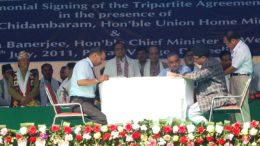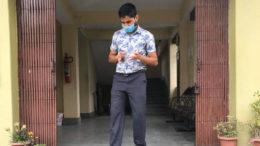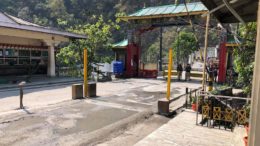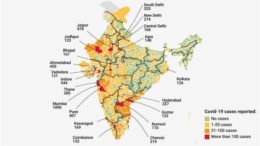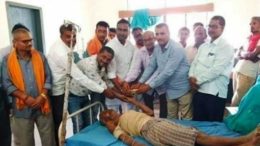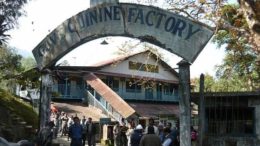Gorkhaland Territorial Administration Review Meeting – A Political Masterstroke or a Bureaucratic Gaffe?
After a hard fought andolan of 4-years from 2007 to 2011, finally the Gorkhaland Territorial Administration Agreement was signed between the Center, WB Govt and GJM representatives. The invitation, specifically to GJM is clearly for the resumption of the dialogue from where the center had left it in 2011. The File Number at the top of the letter, F.NO. 12013/01/2011-SR is a dead giveaway. In probability the invitation wasn’t sent to other political parties, as they were not a part of the GTA Agreement.

